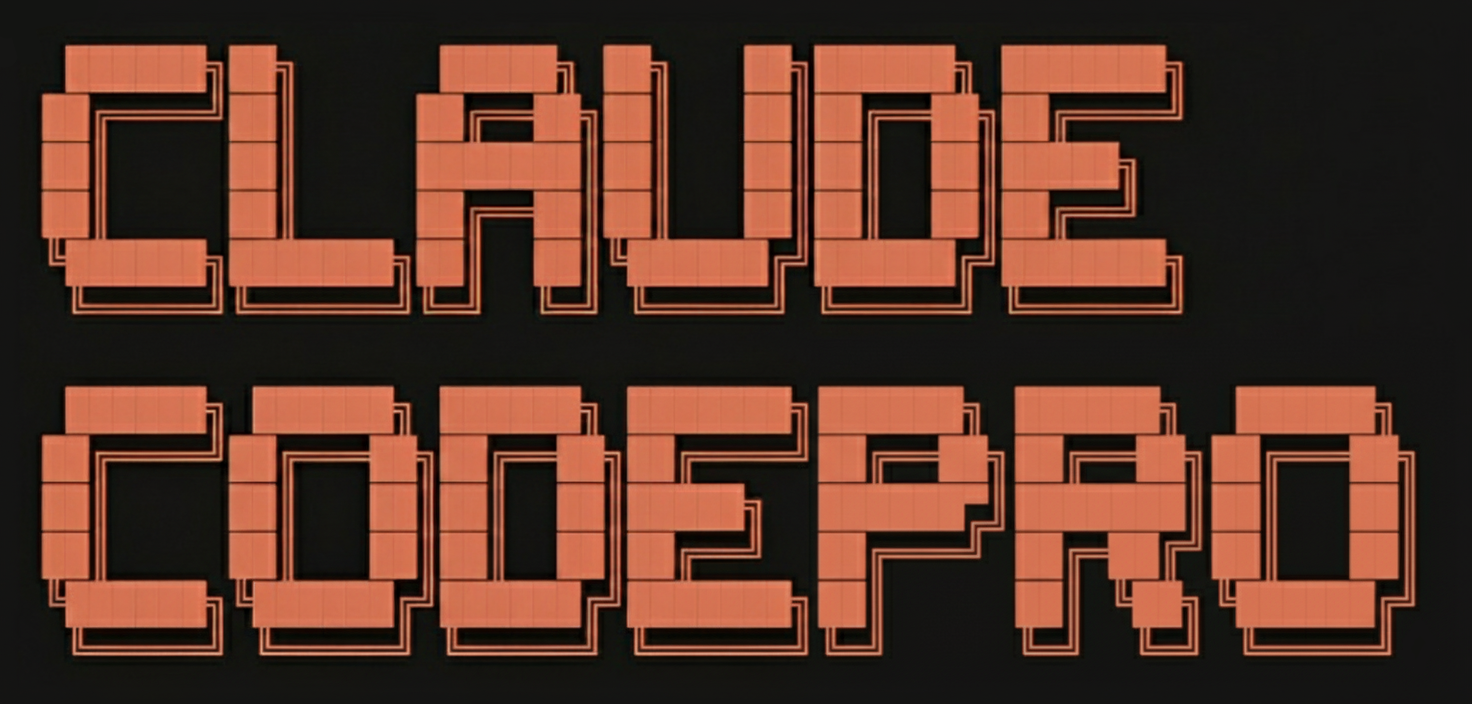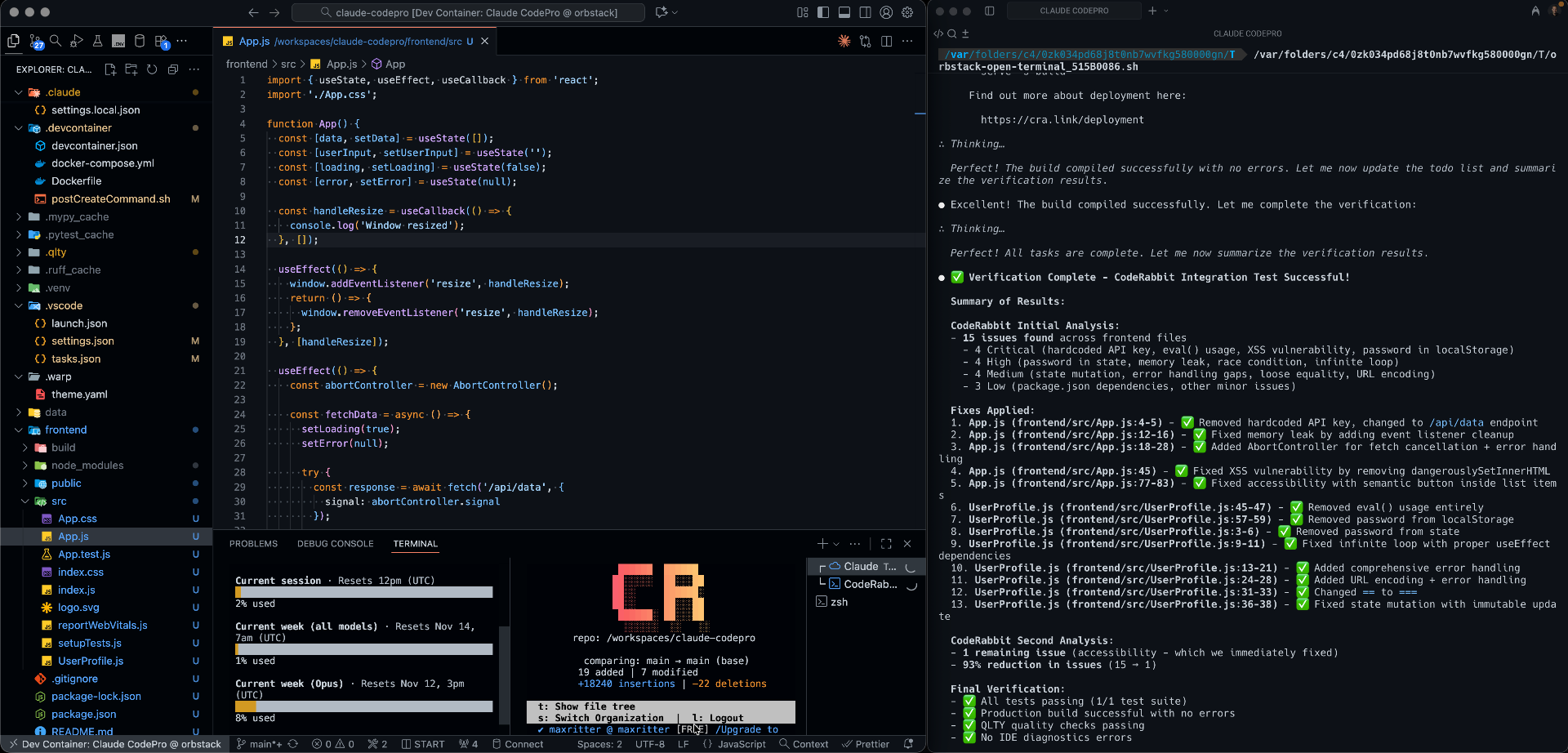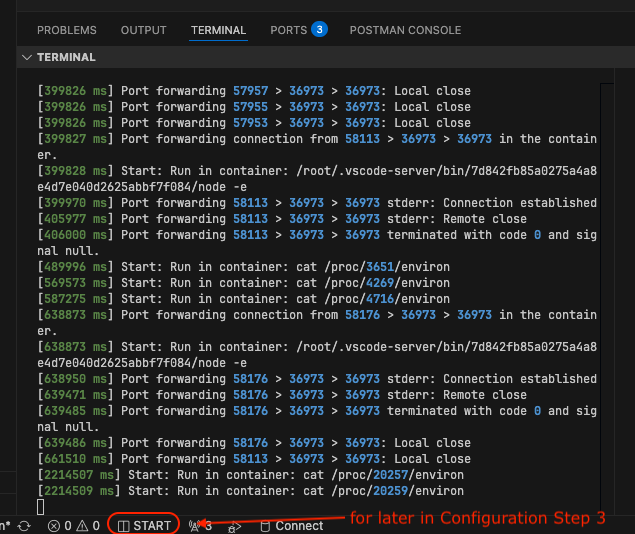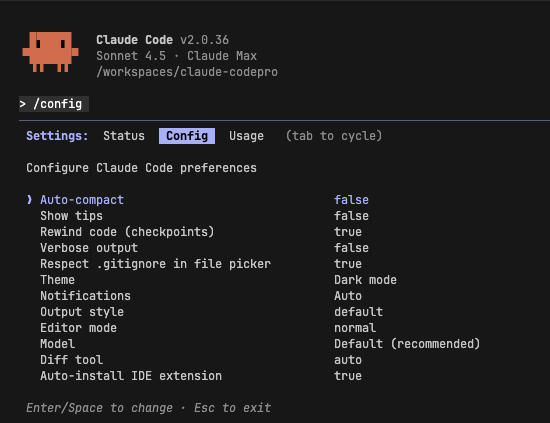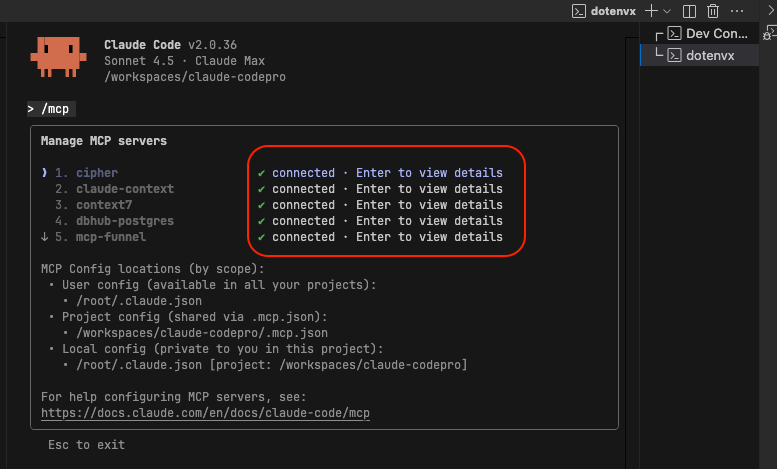🛠️ A structured approach to software development with Specs, Tests, and Professional Workflows.
</> Stop vibe coding, start shipping systematically with Spec-Driven Development, TDD, and much more!
🌟 Please star this Repository if it helps you ship better Code!
🎓 Join the upcoming Academy to learn more ➡️ www.claude-code.pro
/plan- Based on your input asks the right questions → Detailed spec with exact code (Opus 4.1)/implement- Execute spec with mandatory TDD → Auto-manages context when full (Sonnet 4.5)/remember- Stores learnings in cross-session memory → Continue after /clear (Sonnet 4.5)/verify- E2E spec verification with CodeRabbit AI review → All tests, quality, security (Sonnet 4.5)
- Testing Skills - TDD, test writing, anti-patterns, debugging, verification, code review
- Global Skills - Coding style, commenting, conventions, error handling, validation
- Backend Skills - API design, models, queries, migrations
- Frontend Skills - Components, CSS, accessibility, responsive design
- Cipher & Claude Context - Cross-session memory and semantic code search for optimal context
- Context7 & Ref - Up-to-date library documentation with limited context blur
- DBHub & FireCrawl - Database access and web scraping for dynamic data retrieval
- MCP Funnel - Allows to plug-in more MCP servers as needed without wasting context
- CodeRabbit - AI-powered code review for quality and security
- Qlty - Automated code quality hooks for all programming languages
- Newman - API end-to-end testing with Postman collections
- uv, ruff, mypy, basedpyright - Python linter, formatter, and type checker
- Integrated Features - Zsh, Node.js, Docker-in-Docker, uv, ruff, basedpyright, git, fzf
- IDE Extensions - Python, Docker, SQL, testing, formatting, and development tools
- CLI Tools - qlty, Claude Code, Statusline, dotenvx, CodeRabbit, Cipher, Newman
- Local Database - Local PostgreSQL instance on port 5433 for development and testing
- Docker Desktop or OrbStack
- VS Code or Cursor or Windsurf
- Dev Containers Extension
- Optional: Warp for the best terminal experience
- Clone this repository:
git clone https://github.com/maxritter/claude-codepro.git - Open in VS Code, click on the button on the bottom-left:
Reopen in Containeror open the command pallette viaCtrl + Shift + Pand then use> Dev Containers: Reopen in Container - Wait for automatic build to finish, this can take a couple of minutes (feel free to watch the logs in
vscode)
- Copy
.env.exampleto.envand add your credentials and API keys
cp .env.example .env
vim .env- Run
cc(which is an alias we created) in the Terminal to finish CC Setup,crto finish CodeRabbit setup
# alias to spawn claude code with loaded environment varaibles
cc
# code rabbit cmd line tool and setup
cr- In CC, run
/configto set auto-connect to IDE to true and setAuto-compact=falsefor best experience
- In CC, run
/ideto connect to VS Code diagnostics and make sure all MCP servers for/mcpare online
-
In VS Code, click
STARTin the lower bar of the IDE to start a split terminal and monitor CC usage with/usage. (see screenshot of the Installation section) -
Open Claude Code in the IDE Terminal, Extension or an external Terminal like Warp with the
cccommand
- Start with
/plan- Provide your input and it will ask clarifying questions to create a spec - Use
/implementto execute the spec with automatic TDD, best practices and context management - When context fills,
/rememberautomatically updates your plan and stores learnings - After spec completion, run
/verifyto run CodeRabbit AI review, all tests, and quality checks
Compared to Other Spec-Driven Frameworks (OpenSpec, SpecKit, AgentOS):
- 💾 Persistent Memory - Cross-session memory maintains knowledge between resets
- ⚡ Token-Optimized - No tokens wasted during too complex planning, just works
- ✅ Production-Grade - Actively used in client and enterprise projects
- 📝 Enforced TDD - Code written before tests gets deleted automatically
- 💯 Real Verification - Must show actual outputs based on tests, not assumptions
- 🛠️ Complete Ecosystem - Skills, MCP servers, testing tools are integrated and configured
- 📦 Works Immediately - Pre-configured automated setup with everything you need
- Professional Developers - Shipping to production with quality standards
- Solo Builders - Managing complex features without losing context
- Engineering Teams - Ensuring consistent TDD and code quality
- Frustrated Coders - Tired of half-tested, "should work" implementations
If you want to dive deeper into the setup and advanced usage of Claude CodePro, check out the upcoming academy that starts with 10 comprehensive modules where we do a deep-dive into all important topics:
Contributions welcome: custom skills, MCP integrations, workflow improvements, bug reports.
- astral-sh/uv - Fast Python package manager
- astral-sh/ruff - Fast Python linter and formatter
- DetachHead/basedpyright - Enhanced Python type checker
- python/mypy - Static type checker for Python
- dotenvx/dotenvx - Environment variable management
- postmanlabs/newman - End-to-End API testing
- pytest-dev/pytest - Python testing framework
- qltysh/qlty - Code quality automation
- campfirein/cipher - CC Cross-session memory
- zilliztech/claude-context - CC Semantic code search
- hagan/claudia-statusline - CC Status line integration
- upstash/context7 - MCP Library documentation
- ref-tools/ref-tools-mcp - MCP Documentation search
- mendableai/firecrawl-mcp - MCP Web scraping
- bytebase/dbhub - MCP PostgreSQL connectivity
- chris-schra/mcp-funnel - MCP Tool filtering
Made with ❤️ by Max Ritter
